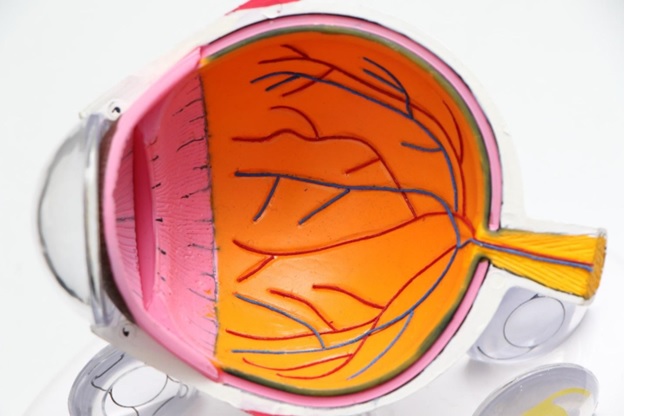Cataract surgery is the most commonly performed surgical procedure, and the success rate is very high. However, like any other medical procedure, it comes with a risk of infection and other complications.
Following these five tips can help ensure a speedy recovery after cataract surgery, and help you regain your vision quickly.
Choose a Good Ophthalmologist
Choosing an experienced ophthalmologist who specializes in cataract surgeries can be one of the best decisions you make to get your vision back after cataracts. It’s important to research different eye surgeons in your area and find one who has extensive experience performing successful cataract operations.
Make sure to do research on their credentials and read reviews from former patients as well. Once you’ve chosen an ophthalmologist, ask them questions about what kind of post-operation instructions they would give as well as which medications will be necessary during your recovery period.
Follow Your Doctor’s Orders
Once you’ve chosen an experienced ophthalmologist, it is essential that you follow all their orders precisely during your recovery process. This includes taking all prescribed medication on time and attending all scheduled follow-up appointments.
During this time period, it’s important to take note of any changes or new symptoms that occur so that your doctor can diagnose them quickly and provide appropriate treatment if necessary.
Ice the Eyes for 20 Minutes at a Time
During the first week after cataract surgery, it is suggested that patients ice their eye for 20 minutes at a time multiple times per day (about three or four). This helps reduce any swelling or pain associated with the operation and allows for better healing of the tissue around the eye socket.
While icing your eye make sure to keep a piece of cloth between your skin and the ice pack so that there is no direct contact with cold materials which could lead to more swelling or damage to delicate tissues around your eye socket.
Elevate the Head While Sleeping
Swelling around the eye socket area is common after cataract surgeries since this area needs time to heal properly after being operated on.
To help reduce swelling while sleeping experts suggest propping up head pillows against headboards or wall so that head remains elevated throughout night while sleeping. Not only does this improve circulation but also reduces further inflammation in case if any present already.
Use Tear Drops or Artificial Tears to Keep the Eye Moist
In order to promote faster healing of tissues around eye socket, patient should use tear drops or artificial tears to keep eye moist throughout day this helps reduce dryness, redness, itching, burning sensation & overall discomfort caused by lack of moisture in eyes.
Make sure to use prescribed tear drops & artificial tears instead using regular eye drops available over counter since those may contain harsh chemicals which could cause further irritation & inflammation.
Wear Sunglasses When Outside
Ultraviolet (UV) rays are dangerous for our eyes & prolonged exposure can lead various conditions like vision problems & even cancer. Therefore its important wear sunglasses when out in sun not only protect eyes from UV radiation but also reduce strain caused by bright sunlight.
Additionally sunglasses also provide protection from dust particles & wind which could irritate irritated tissues leading further complications.

